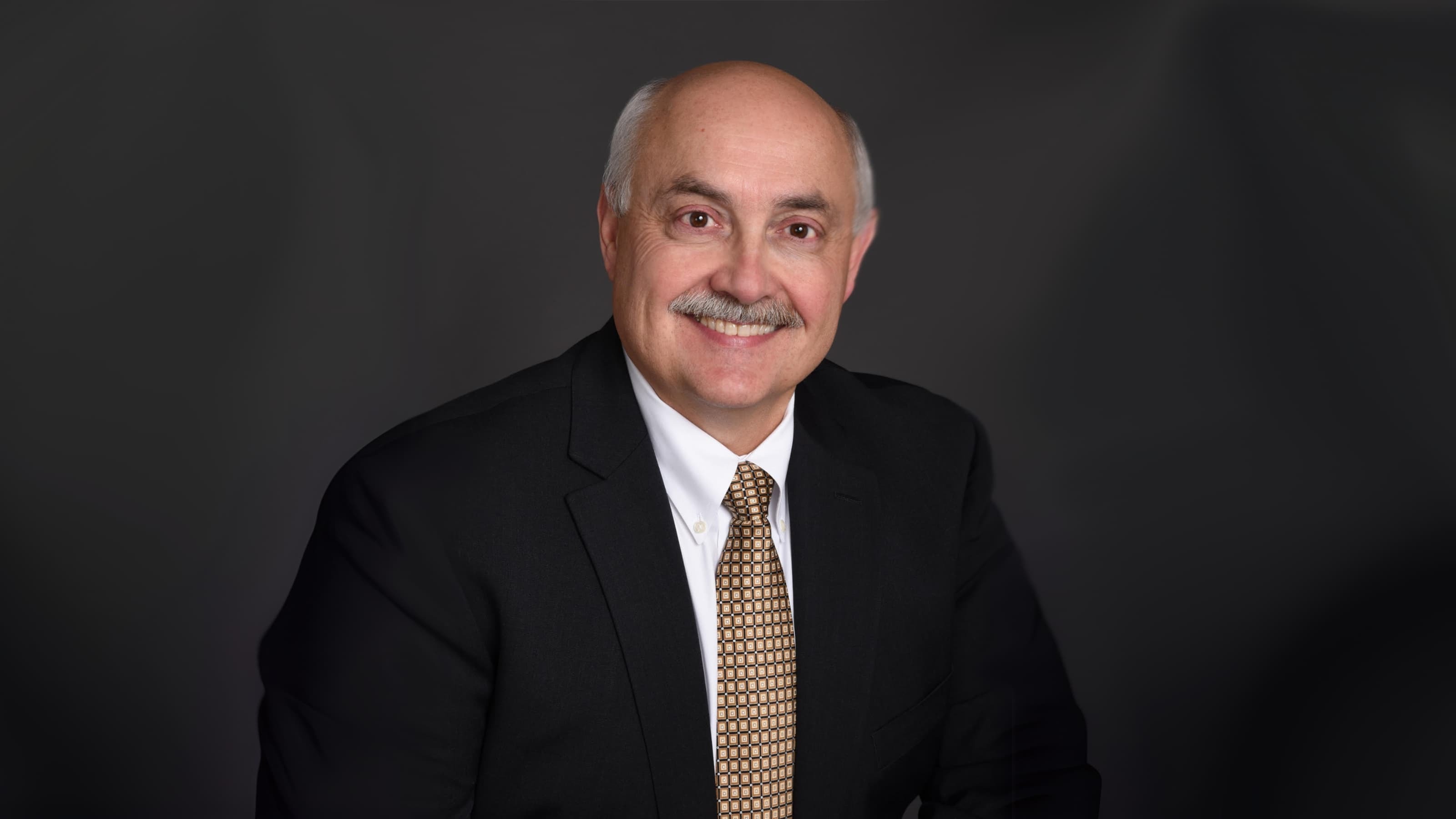Business Bootcamp Drills Veterans for Success
Pat Swanick ’79 ’82 (MBA) and wife Diana honor their fathers’ service by supporting entrepreneurial training for veterans.
 Pat Swanick ’79 ’82 (MBA) and wife Diana pose with the World War II medals of Swanick's father, S.Sgt. Joseph A. Swanick, U.S. Army Air Corps.
Pat Swanick ’79 ’82 (MBA) and wife Diana pose with the World War II medals of Swanick's father, S.Sgt. Joseph A. Swanick, U.S. Army Air Corps.
Growing up, Pat Swanick ’79 ’82 (MBA) remembers his father as the owner of a thriving wholesale meat supplier that served restaurants, colleges and institutions in and around Philadelphia. But the World War II veteran who flew bombing missions over Western Europe wasn’t always surefooted.
“When he came back from the war, he went through a period of time where he was trying to find himself and didn’t really have any resources to help him,” says Pat.
Today’s veteran entrepreneurs face even greater challenges due to stiff competition in the marketplace, says Pat’s wife Diana, whose father served in Korea with the National Guard.
That’s why the Swanicks have included a bequest in their estate plans to support the Office of Veterans Services at Saint Joseph’s University. “While the government has done a lot, there is still more that needs to be done,” says Pat. “This program provides valuable guidance and support to veterans.”
As a veteran-friendly university, St. Joe’s has fostered the academic and career goals of men and women who serve our country for more than 100 years. Thanks to its top-class academics and dedicated Office of Veterans Services, the U.S. News and World Report named the University the No. 3 best college for veterans in 2021.
In 2016, the University started the Entrepreneurial Bootcamp for Veterans program (EBV), a cutting-edge bootcamp training program that teaches service-disabled veterans the steps and stages of business creation and management.
“Veterans are good small business owners,” says the Office of Veterans Services Director and army veteran Hank Gillen, MBA. “You are used to facing adversity and for things to not go as you planned and still make it to the other side.”
Veterans accepted to this program undergo several weeks of self-study before coming to campus for a nine-day residency, where they engage in world-class entrepreneurship training and work with trained mentors to develop and refine their business plans. The experience culminates in a venture pitch competition in front of a panel of successful entrepreneurs.
“A third of them have a significant alteration in their understanding of their business model in the course of the week,” says Gillen. “We point out impracticalities and give them access to great business resources so they can research their market and test their assumptions.”
A third of program graduates go on to start a business in the 12 months following the program, during which time they receive ongoing mentorship and a suite of support services.
More than 189 veterans have completed the program in nine cohorts – including a completely virtual 2020 cohort – and interest continues to be strong.
“We are considering how to expand our offerings for other entrepreneurial training to benefit our own alumni and others within the veteran business community,” says Gillen.
Initially funded through a gift by Frank Trainer ’68, EBV relies on grants and gifts from private donors to offer the program free to veterans.
The Swanick’s bequest will help ensure Saint Joseph’s can continue to educate veterans, and they hope to encourage others to help veterans succeed in their next mission.
“We want to be open about what we’ve planned to do,” says Pat, “in hope that our decision inspires others.”



